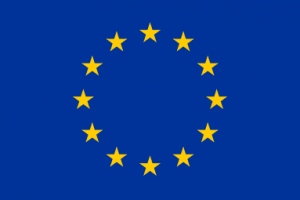We saw a clash between, on one hand, the vertical and hyper- specialized organization of teaching in disciplines and, on the other, the inter-multi-transdisciplinary, character of innovation, and the efforts to make research and science an open and collaborative space. We saw a second mismatch between the formalized and exclusive languages used in schools and the needs for new languages to enhance imagination and the capacity to talk about the contemporary challenges and last, but not least, we identified a discrepancy between the a-temporal or historically oriented teaching approaches and the need to support the young to construct visions of the future that empower actions in the present.
How we did it? We shed a light into these blind spots by combining the skills of our team and at the same time, by exploring what is happening in the different layers that interact in science education. We dug into the culture, into the conceptual paradigms and how institutions face the present and future in our field. Multiform sets of research methodologies were put in place, in order to feed anticipatory polices that mobilized visionary attitudes, sustainable and creative participation in science-related societal issues.
